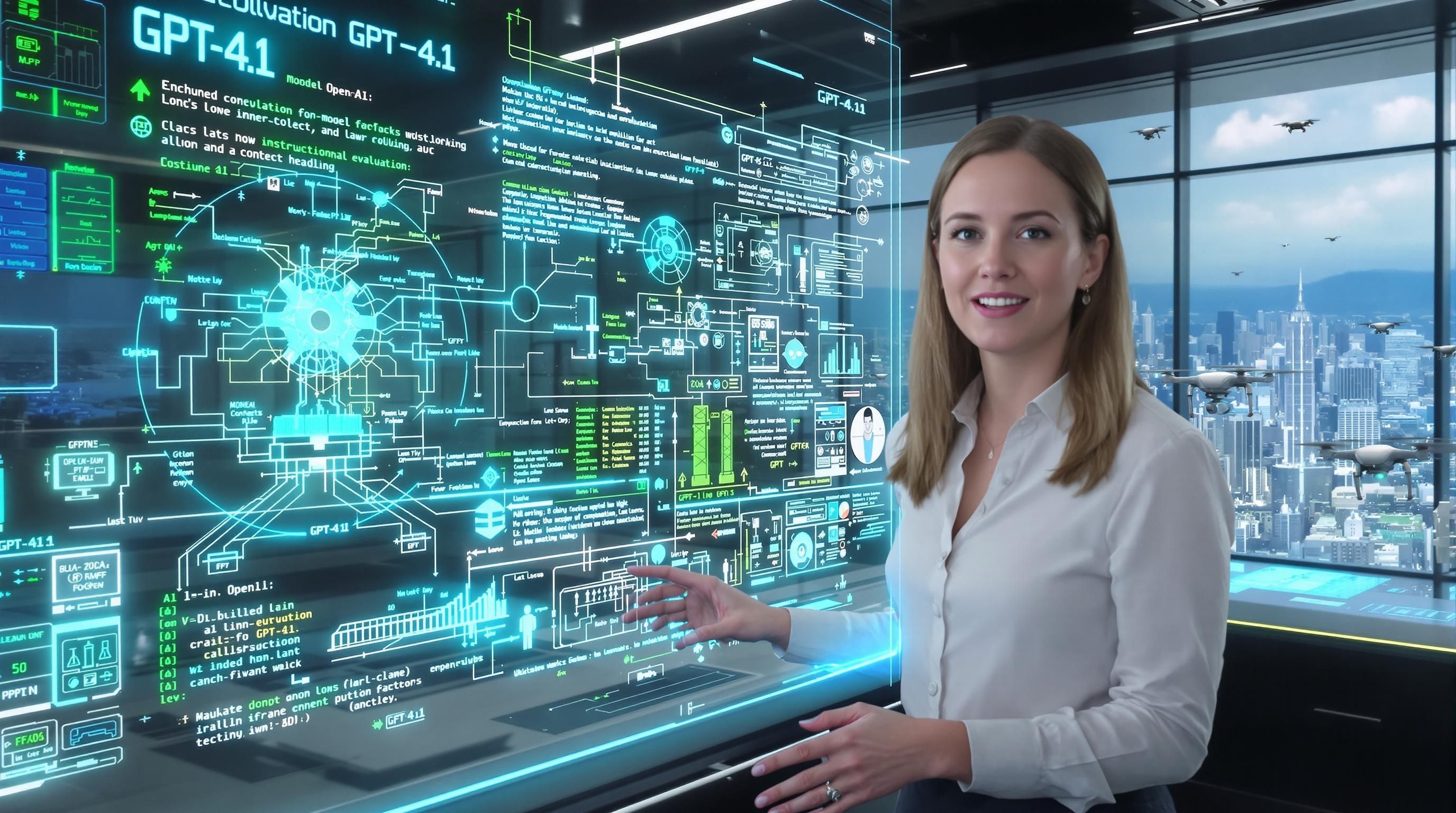20250509 – Navigating the AI Frontier: Key Insights for Product Managers and Developers

As AI redefines the landscape of product management and software development, industry leaders are pivoting to harness its potential. Product managers must integrate AI into their strategies to remain relevant, while developers adopt new AI-centric paradigms like conversational UIs and code-like prompts. Insights from AI pioneers— from OpenAI’s model advances to Gamma’s AI-driven transformation—underscore the urgency to adapt or risk obsolescence in this rapidly evolving era.
1. 5 Principles for Product Managers Fending Off Obsolescence in the AI Era
Product managers are essential in navigating ambiguity in product development, and as AI evolves, they must adapt to new tools and opportunities to remain relevant. They should engage deeply with AI models, understanding their capabilities and constraints, and explore innovative product designs, including high-priced offerings and emotional connections, to maintain a competitive edge. As AI becomes a standard part of product management, PMs need to integrate AI into their daily practices and lead their companies in adopting AI-first strategies.
Read more: https://a16z.com/stay-relevant-in-ai/

2. Nine Emerging Developer Patterns for the AI Era
Developers are increasingly viewing AI as a foundational element in software development, leading to a rethinking of traditional concepts like version control and user interfaces. AI agents are becoming integral collaborators and consumers in the development process, prompting changes in how tools are designed and used, such as treating prompts like source code and creating conversational dashboards. This shift is also influencing documentation, templates, and secret management, as developers adapt to a world where AI agents play a significant role in the software lifecycle.
Read more: https://a16z.com/nine-emerging-developer-patterns-for-the-ai-era/

3. Ep 64: GPT 4.1 Lead at OpenAI Michelle Pokrass: RFT Launch, How OpenAI Improves Its Models & the State of AI Agents Today
In this episode, Michelle Pokrass from OpenAI discusses the development of GPT-4.1, focusing on instruction-following, long context, and the importance of model evaluations. The conversation covers advancements in AI coding capabilities, the future of AI models, and the significance of fine-tuning to surpass current technological limits. The episode also explores how OpenAI’s decisions influence AI startups and offers insights into choosing the right model and prompting techniques for specific needs.
Read more: https://unsupervised-learning.simplecast.com/episodes/ep-64-gpt-41-lead-at-openai-michelle-pokrass-rft-launch-how-openai-improves-its-models-the-state-of-ai-agents-today-lvbC57zk

4. Jon Noronha: How Gamma’s big bet on AI paid off
In this episode of Generative Now, host Michael Mignano discusses with Jon Noronha, co-founder of Gamma, how the company transformed from a presentation tool to an AI-powered platform for creating presentations, websites, and social media assets. Initially struggling to find product-market fit, Gamma pivoted to integrate generative AI technologies like ChatGPT and Stable Diffusion, which significantly boosted their user base and success. The conversation also highlights Gamma’s focus on user experience and prompt engineering, its expansion into various creative formats, and future plans for more advanced AI interfaces and voice interactions.
Read more: https://podcasters.spotify.com/pod/show/generativenow/episodes/Jon-Noronha-How-Gammas-big-bet-on-AI-paid-off-e32hbca

That’s all for today’s Curated AI-Native Blogs and Podcasts. Join us at AI Native Foundation Membership Dashboard for the latest insights on AI Native, or follow our linkedin account at AI Native Foundation and our twitter account at AINativeF.